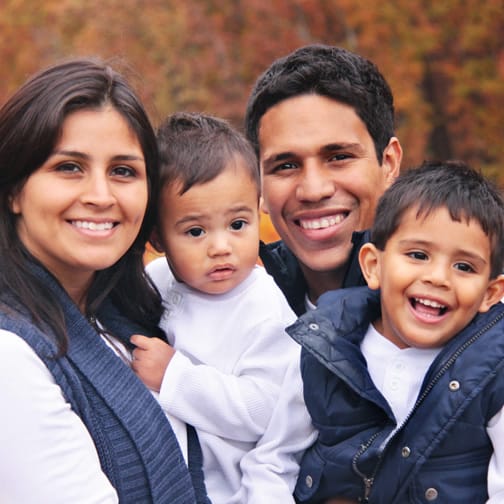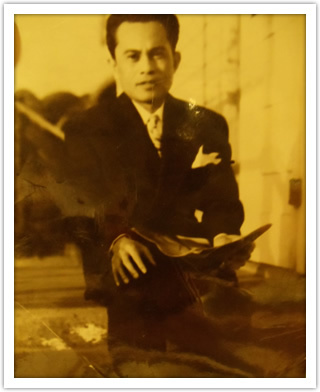
UPDATE: THE BIDEN ADMINISTRATION’S PAROLE IN PLACE PROGRAM FOR SPOUSES OF U.S. CITIZENS STRUCK DOWN BY FEDERAL COURT
On November 7, 2024, the Parole In Place program was struck down by a federal court. Although the Biden Administration may appeal the decision, given the results of the recent presidential election, it is unlikely the program will be reinstated.
This article was written before the court order. It outlines the main issues of the proposed program, which are now moot.
In the author’s view, since many of the parole program’s beneficiaries would have been relatives of Hispanic immigrants living in the United States, it is puzzling why nearly 50% of Latinos who voted supported the Trump campaign.
However, parole may be dead, but at least two options for would-be applicants remain that may still help them one day win permnent residence.
On June 18, 2024, President Biden announced a new program entitled “Process To Promote The Unity And Stability of Families”, for immigrant spouses of U.S. citizens.
The proposal relies on a concept known as Parole-In-Place.
This form of parole enables immigrants, already in the U.S. – who have not been admitted – to remain in the United States. Generally, parole-in-place has been reserved for specific family members of a current or past member of the U.S. military.
With the announcement, the Biden Administration expanded the use of Parole-In-Place to immigrant spouses of U.S. citizens. Those who are approved will receive a three-year work permit, deferral from deportation, and allowed to apply for permanent residency in the U.S.














